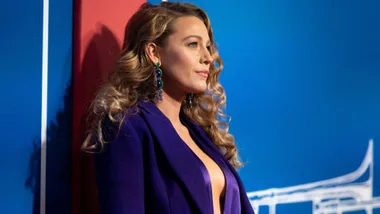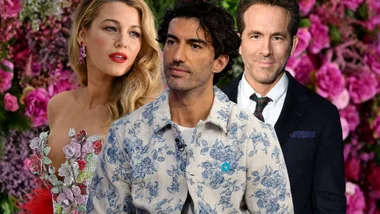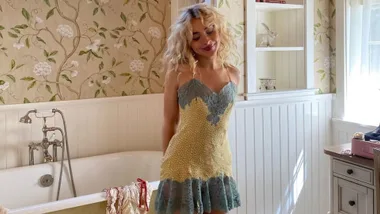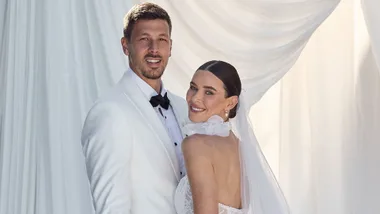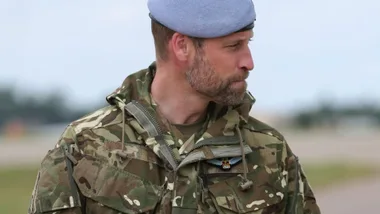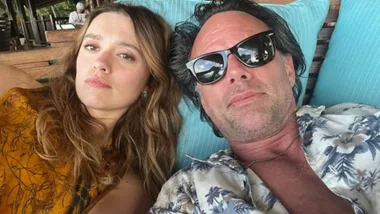Ovarian cancer is the deadliest gynaecological disease. Every year, more than 1600 Australian women are diagnosed with the disease and it claims the lives of more than 1000. It is known as the silent killer because the symptoms are very vague: a little bit of bloating or lower abdominal pain. Without an early detection test, the disease is often found at a very late stage – and unfortunately the five-year survival rate is 45 per cent.
Leane Flynn, 50, was diagnosed with ovarian cancer in April 2017 and again in March 2018. She is currently going through chemotherapy for the third time. Throughout her treatment, she has been a strong supporter of the Ovarian Cancer Research Foundation, helping them to raise awareness about the disease and vital funds. To mark World Ovarian Cancer day, May 8, we’re re-sharing Flynn’s story from our September 2018 issue…
“At the start of 2017, I had some bloating and was urinating more than usual. I put it down to menopause but had a blood test and scan to be sure. When my doctor rang me after the tests, I knew something wasn’t right. When she told me I had ovarian cancer, I went into shock.
I had surgery a couple of weeks after that and they removed a Coke can-size tumour from my ovaries and another one growing between my liver and my diaphragm. I was in the ICU for eight weeks and started chemo after that. It was all very overwhelming and daunting, but every month my blood tests showed the cancer was getting less and less. I finished chemo in November and it was wonderful.
Then, in March last year, I had a bit of stomach pain. I went for a blood test and ultrasound and it felt like Groundhog Day. My doctor called and said, “I wish I had good news for you, but they’ve found something there.” I was shattered. I cried for a whole week. I thought, “Why can’t I just be cured? I’m a good person. I’m prepared to spend every waking moment devoting my life to ovarian cancer, but I don’t want to die for the cause; I don’t want to be a martyr.”
The cancer had spread to my liver, spleen and diaphragm so I went straight back into chemo. We still don’t know if it’s working – we’ll find out in a few months. Statistically it’s not good, but we try not to focus on that. The hardest part is reassuring my daughters [who are 21, 19 and 14]. We all try to pretend it’s not happening. As far as they’re concerned, I’ve gotten through this once and I’ll get through it again.
Cancer has given me perspective. My mantra is: I can sit and cry, or I can get on with my life – it doesn’t change the outcome.”
The Ovarian Cancer Research Foundation funds vital research focused on finding an early detection test, for more, visit: ocrf.com.au
This story originally appeared in the September 2018 issue of marie claire magazine.
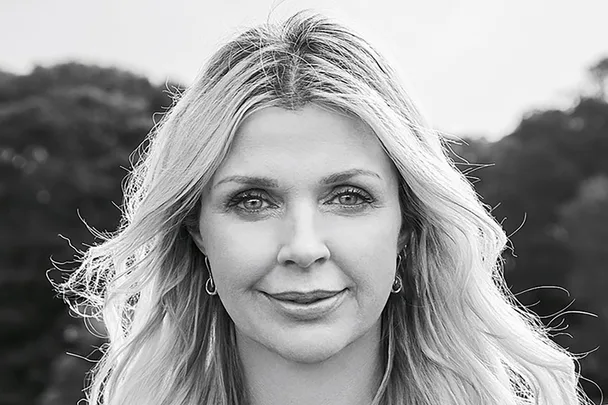 Harold David
Harold David


